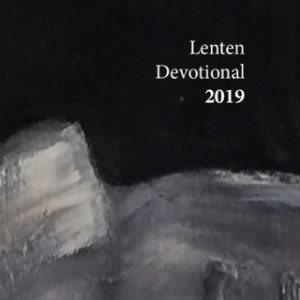hat are we doing when we pray? Doesn’t God already know everything we could want to say? Does prayer change anything? What kind of deity is influenced by our prayers? A deity who waits until we ask correctly?
What if others pray for the exact opposite result? (Think “politics, circa 2019.”)
Maybe it helps to realize that prayer is a particular kind of language. The vocabulary of prayer, for example, isn’t the same as what we use when applying for a job or a grant.
That’s likely part of Matthew’s point. The language of prayer isn’t about providing information. It’s in a category wholly unlike even other forms of religious language. It’s the language of “confession.” Not admission of wrongdoing. Expressing faith. Giving voice to our deepest convictions.
And prayer isn’t just about expressing emotions. It tenderly discloses a reality of human life, as it transcends being used as the basis for logical reasoning. It says what it says. It’s the insider language of a faith community and makes no sense to the onlooker. Believers asks for bread not to inform a reluctant God of need, but to acknowledge our need before God. For bread. For forgiveness. For hope in the coming of God’s reign.
Realizing the nature of the language of prayer frees us to share our intercessions and petitions with God unabashedly. The Lord’s Prayer is a beautiful and powerful model for doing just so: a living opportunity to deepen understanding of what it means to know God, and how.





